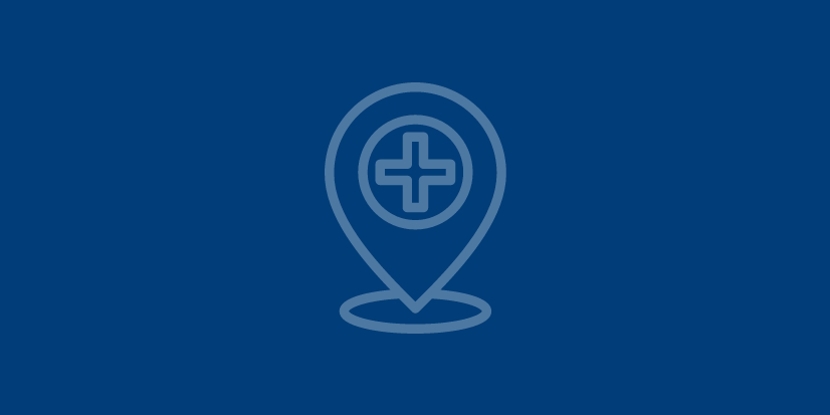Coronary Artery Disease
Coronary artery disease is the most common type of heart disease. When you have it, your heart muscle doesn't get enough blood. This can lead to serious problems, including heart attack.
The coronary arteries supply blood, oxygen and nutrients to your heart. A buildup of plaque can narrow these arteries, decreasing blood flow to your heart. Eventually, the reduced blood flow may cause chest pain (angina), shortness of breath, or other coronary artery disease signs and symptoms. A complete blockage can cause a heart attack.
Because coronary artery disease often develops over decades, you might not notice a problem until you have a significant blockage or a heart attack. But you can take steps to prevent and treat coronary artery disease. A healthy lifestyle can make a big impact.
What are the symptoms?
Symptoms can happen when the heart is working harder and needs more oxygen, such as during exercise. Symptoms include:
- Angina (say "ANN-juh-nuh" or "ann-JY-nuh"), which most often is chest pain or discomfort or a strange feeling in the chest.
- Shortness of breath.
- Heart attack. A heart attack is sometimes the first sign of coronary artery disease.
Less common symptoms include a fast heartbeat, feeling sick to your stomach, and increased sweating. Some people don't have any symptoms. In rare cases, a person can have a "silent" heart attack, without symptoms.
When to see a doctor
If you think you're having a heart attack, immediately call 911 or your local emergency number. If you don't have access to emergency medical services, have someone drive you to the nearest hospital. Drive yourself only as a last option.
If you have risk factors for coronary artery disease — such as high blood pressure, high cholesterol, tobacco use, diabetes, obesity a strong family history of heart disease — talk to your doctor. Your doctor may want to test you for coronary artery disease, especially if you have signs or symptoms of narrowed arteries.

